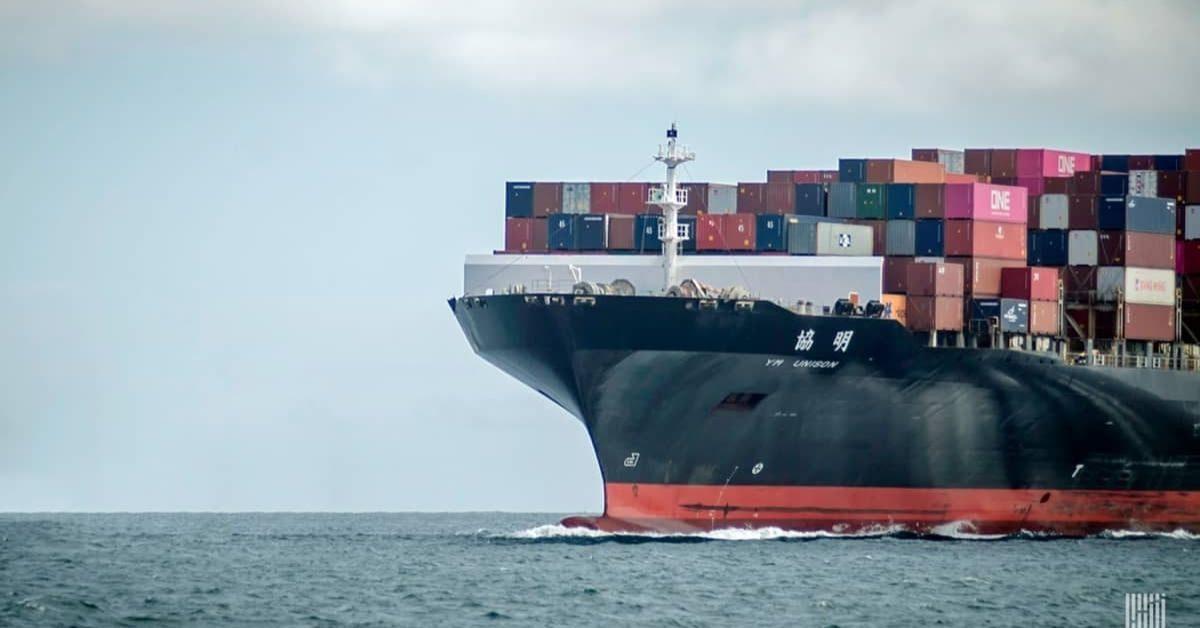The maritime industry will join the bloc’s Emissions Trading System in January, meaning big ships will start paying for carbon emissions. Some major freight firms — such as MSC Mediterranean Shipping Company SA and A.P. Moller-Maersk A/S — could see costs run into hundreds of millions of dollars, according to BloombergNEF.
Vessels carry more than 80 per cent of world trade and are a big source of emissions, pumping about 1 billion tons of CO2 into the atmosphere in 2018. The incoming system is the world’s first large-scale carbon charge for international shipping, and part of the bloc’s green push to tackle climate change. Yet though sizable, the fees are unlikely to be high enough to force an immediate shift to cleaner marine fuels.
“The EU ETS will increase the freight rates,” said Tore Longva, decarbonization director at ship classification society DNV. But vessel supply and demand is likely to have a bigger impact on shipping rates, he said.
For a single container ship sailing between Europe and Asia, the emissions cost could total about €810,000 ($864,500) next year, assuming a carbon market price of €90 a ton, according to DNV. Firms will have to cover a greater share of emissions in the following two years, meaning costs should go even higher. It could take a while for the program to really cut emissions, though. At a carbon price of about €90, it would still be cheaper to use polluting oil-based fuels and pay for the emissions rather than use more expensive marine biofuels, Longva said.







